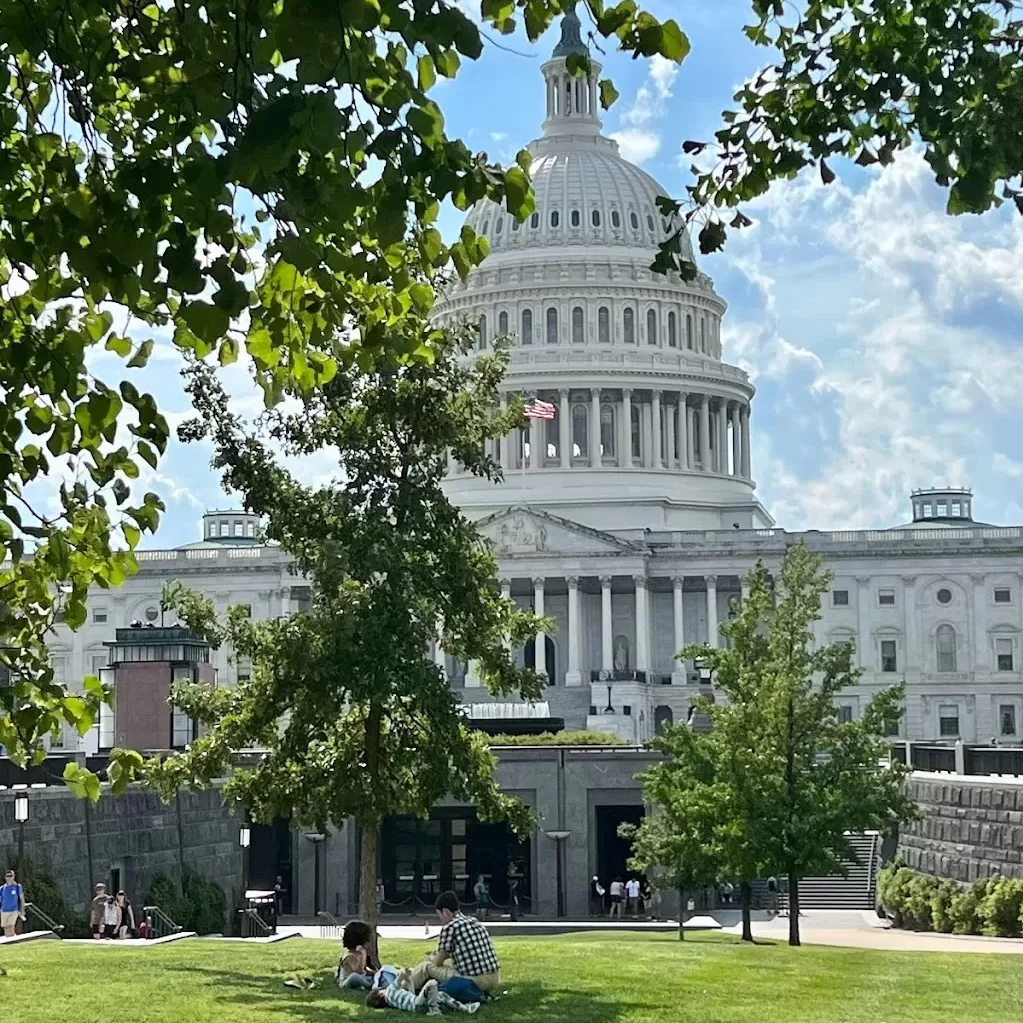
Many people consider joining the U.S. Foreign Service. It’s an opportunity to see the world, work abroad, and serve your country. In the Foreign Service, you live in a new country every year or few years, practice foreign languages, and work on the most complex and critical issues of our time. While that part of the job is well-known, many of the perks are not. These are the lesser-known benefits of being a Foreign Service Officer (FSO) that I wish I had known about when I started my career in international affairs!
Early Retirement
FSOs can retire with a generous pension plan at 50 years old after completing 20 years of service. An FSO retiring at age 50 with 20 years of service would receive an annuity equal to 34% of their highest average salary over three consecutive years. FSOs also get an annuity supplement approximating the Social Security benefit they would receive if they were eligible until they’re 62 and get Social Security.
Free Housing
FSOs receive free housing when stationed overseas. As the average American spends over a third of their salary on housing, FSOs can save about 30% more income on average than they could in the U.S. Aside from huge savings, FSOs get to live in incredible homes, like historic villas and mansions that are owned by the USG, that the average person probably wouldn’t be able to afford or have access to otherwise.
Language Training & Pay
FSOs’ full-time language training, for which they get paid their full salary and benefits, can last up to 88 weeks, nearly two years, for the most complex languages like Arabic and Chinese. FSOs receive incentive payments for achieving and maintaining proficiency in designated foreign languages. For example, FSOs receive a payment of up to 15% of their base salary when they reach advanced proficiency in Arabic.
Adjusted Pay
Salaries in the Foreign Service are not very high compared to the private sector, hence all these benefits. But you can make good money as an FSO through danger pay and post hardship differentials. Danger pay is additional pay (up to 35% of base salary) an FSO receives when assigned to dangerous or high-risk posts. Post hardship differential is compensation (up to 35% of base salary) for serving in difficult or less desirable locations. You don’t have to live in a war zone or extreme conditions to make extra money. The post hardship differential is 15% in Mexico City and 10% in Reykjavik, Iceland, two places I’d happily live!
High Salary + Low Cost of Living = Greater Quality of Life
You won’t find this perk in the Foreign Service manual, but it is one of the biggest benefits for FSOs. If you’re stationed in a country with an average cost of living of $500/month, while you make a U.S. salary of $100,000 and don’t pay for housing, you can save significantly more money and afford a very different lifestyle than you could in the U.S. This difference in quality of life is most notable for working parents who can afford to hire help, even full-time, for childcare or around the house in lower-income countries.




Leave A Comment